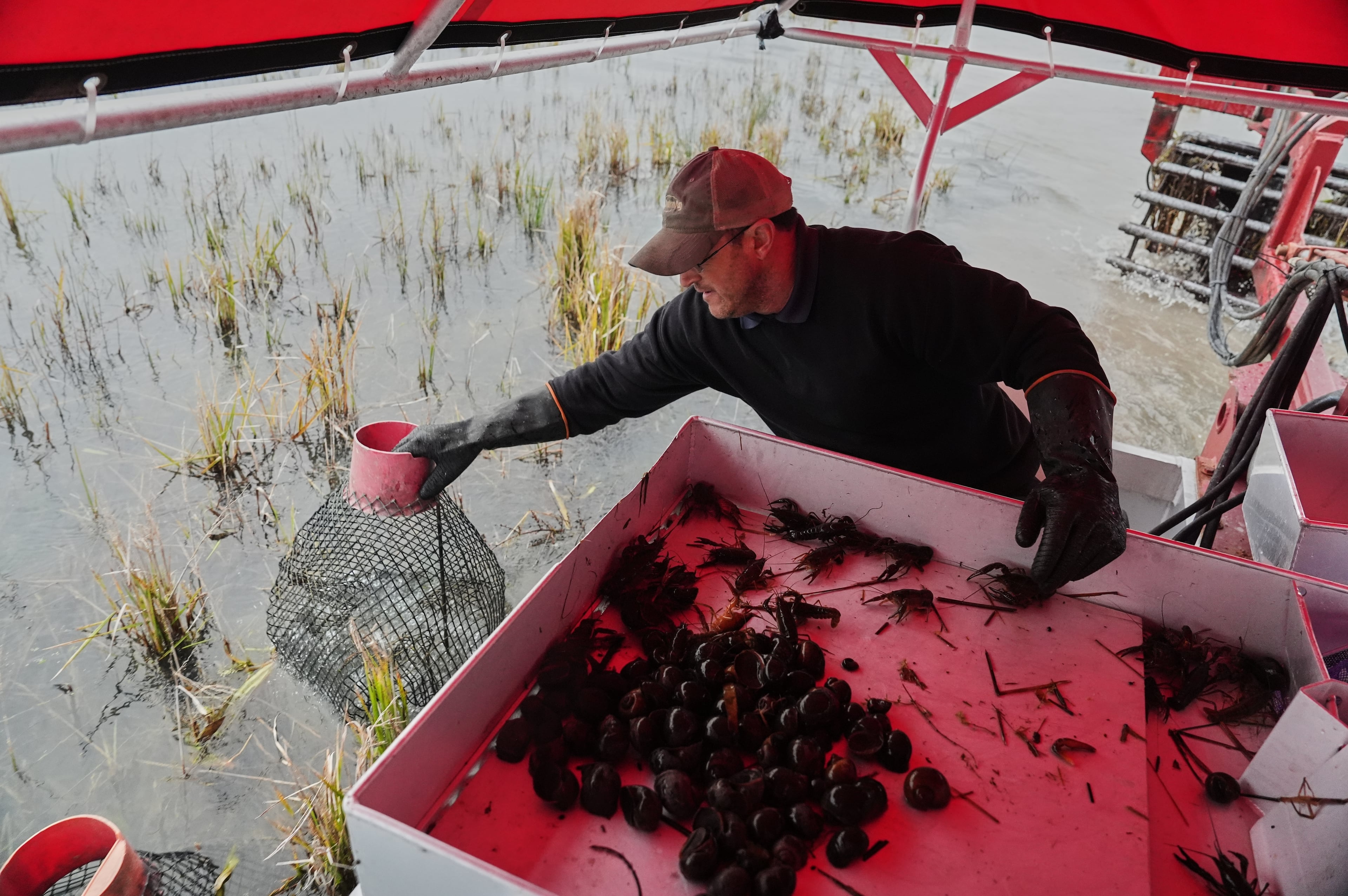Easy gardening tips for the cooler season

Even when older gardeners have the time, energy and physical ability to tend their plots, Atlanta-area growers still face the inevitable: vegetables that stop producing, annuals that fade, and leaves that brown despite their best efforts.
But green thumbs from full-time toilers to the hour-a-month piddler can all take steps in October to benefit yields, blooms and soil composition. Here’s where to focus:
Garden clean up
When you grow vegetables or other annuals in the summer, it’s important to get rid of any diseased plant matter as soon as harvest or blooming is done, which can be as late as October or November in metro Atlanta, according to experts from the University of Georgia College of Agriculture and Environmental Science.
Don’t add noxious weeds, diseased leaves or bug-infested plants to your compost, but do turn over or till other plant debris to provide soil nutrients for next year’s plants, the school advised.
Create compost
Fall is also a good time to start a compost pile, siting it at least a yard away from beds and including a balance of dried debris, coffee grounds and vegetable scraps — but not dairy, meat or sugary products that can lead to diseases.
Make sure to cover aging manure or vegetable-based compost with plastic or a tarp, or place it in a commercial bin to avoid leaching nutrients into the ground when it rains this winter.
Native plants
If you aspire to keep your hands in the dirt all year, note that the preferred time to plant Georgia Native plants is the fall.
“Plant them anytime between now and April, the sooner the better,” Michael Dehner, co-owner of Little Creek Farm Nursery in Dallas, told The Atlanta Journal-Constitution. His nursery has offered native plants since 1983 from two acres he tends solo.
Those planting native grasses, bedding plants or borders should start with soil amended with compost and soil conditioner to enrich and loosen this area’s typical clay content, Dehner said.
“Mulch them well for the first winter. And if you’re already growing true natives — not cultivars, or annuals — don’t cut them back this time of year. Even though they lose leaves in autumn, beneficial insects lay eggs on the stems.”
Plant bulbs
If you’re purchasing online or at a box store, make sure you’re grabbing bulbs that specify they are fall planted and spring blooming. Then have a blast planting them to naturalize a corner of the landscape or brighten a spot near woods or the driveway.
Divide now for extra spring blooms
In addition to planting spring-blooming, fall-planted bulbs in October, you should also divide and transplant day lilies and liriope, UGA advised.


